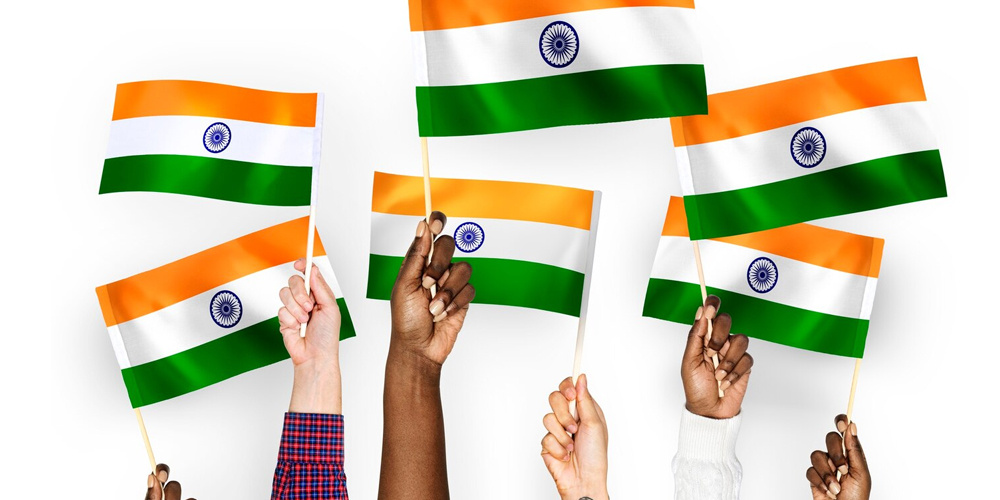Back In January 2022, Tata Steel was looking to hire 20 heavy earth moving machinery (HEMM) operators at its West Bokaro mining site in Jharkhand. The human resource (HR) manager decided to offer an opportunity to the local transgender community to become a part of the company's workforce. He invited them to interact with the workers' union that was open to having members from the transgender community as colleagues. After clearing the tests, 14 transgenders joined the organization. Since then, Tata Steel, one of the largest steel production companies in the world, has recruited more than 100 transgender workers across several locations in India, the most recent being the hiring of 12 crane operators at the Kalaiganganar plant in Odisha.
Tata Steel isn't the only example. Automobile company Morris Garages (MG) Motors, has an overall diversity rate of 37% with 40% gender diversity among shop-floor associates. Women are working in varied roles like door-fitters and spray painters, job roles that were traditionally reserved for men. Schneider Electric has set a target to have at least 50% women in all new hires and 30% in senior leadership by 2025. Fast-moving consumer goods (FMCG) major Hindustan Unilever already has a 40% diversity rate and plans to increase it to 50% by 2025.
According to a report by global consultancy major McKinsey & Company, companies in the top quartile for ethnic and racial diversity are likely to have 35% more financial returns over their respective industry average.
It's still the beginning
In September 2018, the Supreme Court decriminalized homosexuality by overturning the draconian Section 377 of the Indian Penal Code (IPC). It was a landmark judgement that marked a major stride toward recognizing the rights of the transgender community. It was a momentous step though just the beginning of a broader societal transformation.
Indian corporates are still a distance away from embracing diversity and inclusion in the true sense of the term. But in a rapidly changing work environment, Indian companies are increasingly understanding that employee well-being is a key component to attain corporate success. Grant Thronton's Women in Business 2023 report states that Indian companies now have more women in leadership roles—36% against 32%—than their global counterparts. Willis Towers Watson (WTW) covered 210 companies for its Wellbeing Programmes India Survey (October-November 2022). According to the survey, the number of companies pursuing diversity and inclusion is 71% each for training, accessible office spaces, and gender-neutral workplace communication, and 62% for inclusive benefits options.
Over the past few years, information technology (IT) major Mindtree has hired several transgender workers. Mahindra Logistics (as on August 2023) had 10 transgender employees in its third-party contract force and eight persons on direct payroll. But a number of companies are rather wary of revealing the exact number of the category of their employees because most workers aren't comfortable disclosing their special abilities or sexual orientation.
It's not only about gender
There's probably no other country as diverse as India, where 1.4 billion people speak more than 450 different languages and dialects. Diversity in India goes beyond gender. It includes ethnicity, race, caste, religion, region, socioeconomic status, language and more. Creating a level-playing field for all workers, irrespective of their background, is the biggest challenge for corporates. This means identifying and addressing the systemic barriers that often prevent certain groups from succeeding. That's exactly what Tata Steel did. The interaction between the workers' union and the transgender community ironed out whatever uneasiness existed between the two sides. After all, inclusion is about ensuring that all workers feel welcomed and valued in the workplace. It means creating a culture where all workers feel comfortable to speak up, share their ideas, and be themselves.
Baby steps
The IT sector is at the forefront in promoting diversity, comprising 40% of available employment opportunities. The staffing industry is also upping its numbers, accounting for 19% of the job market. Indian companies are responding to the current economic conditions by coming up with flexible hiring strategies, demonstrating their capability to strike a complex balance between ever-changing business environment and talent acquisition. Diversity hiring has increased, and while the country is still taking baby steps toward having a more inclusive workforce, the positive intent is clearly visible.
India is on a transformative road where companies are beginning to acknowledge the potential of having diverse teams to achieve better results. More employers and stakeholders are connecting with organizations that represent an inclusive mindset. Having variety can never go wrong and it can't be under the current scenario with the demand for diverse workforce growing by the day.

